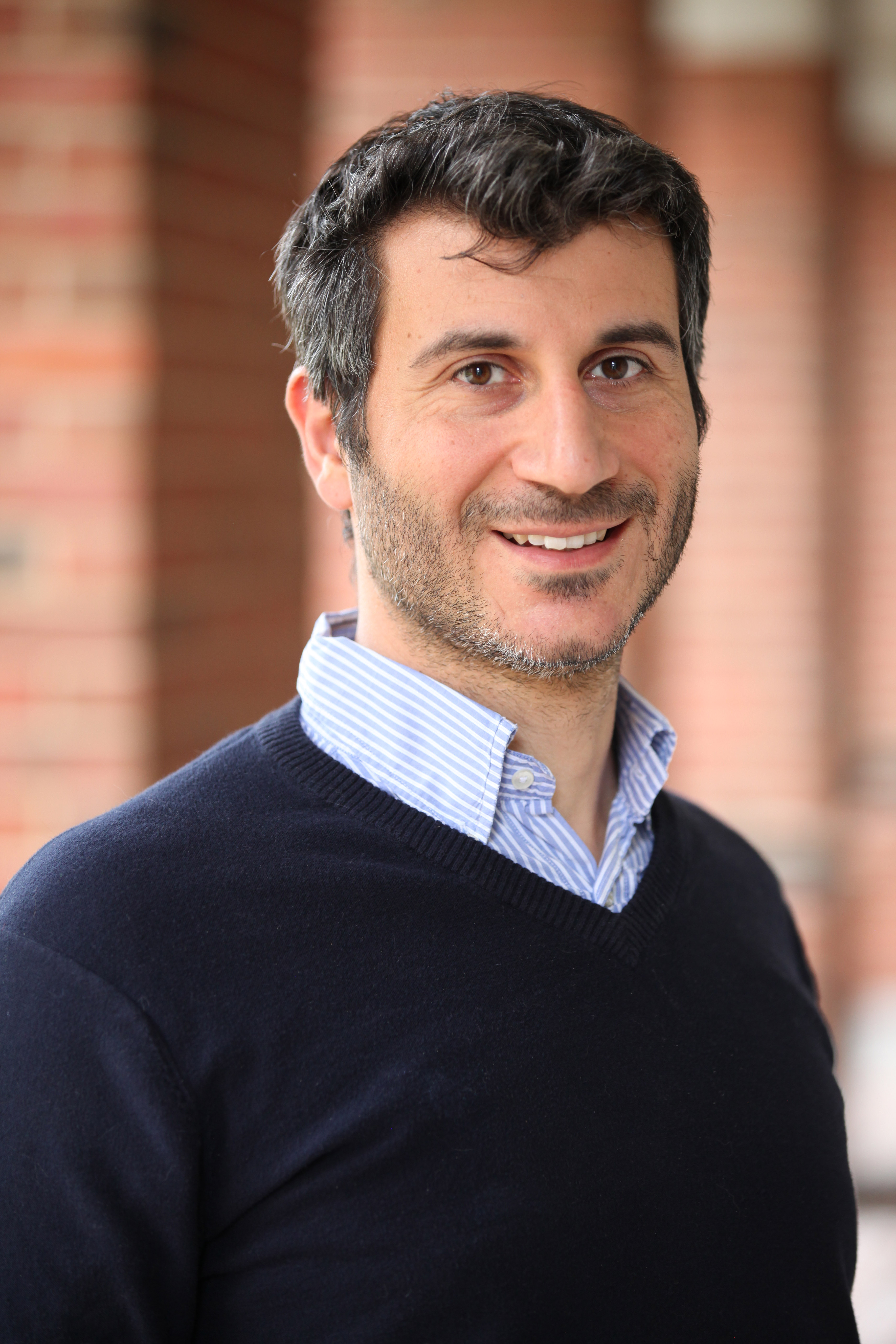Industrial Internet of Things (IIoT) systems are used in a wide range of mission- and safety-critical appl
Smart energy management is at the core of future smart cities, since energy profoundly impacts the city's livablity, workability and sustainability. Key building blocks for smart energy management are intelligent residential environments, generally termed smart homes. These homes will include a plethora of smart interconnected appliances, realized through the Internet of Things paradigm, which can improve residential energy efficiency by controlling the energy usage.
Simone Silvestri is currently an Associate Professor in the Department of Computer Science of the University of Kentucky. Before joining UK, Dr. Silvestri was an Assistant Professor at the Missouri University of Science and Technology. He also worked as a Post-Doctoral Research Associate in the Department of Computer Science and Engineering at Pennsylvania State University. He received his Ph.D. in Computer Science in 2010 from the Department of Computer Science of the Sapienza University of Rome, Italy. Dr. Silvestri's research is funded by several national and international agencies such as NIFA, NATO and the NSF, and he received the NSF CAREER award in 2020. He published more than 80 papers in international journals and conferences including IEEE Transactions on Mobile Computing, IEEE Transactions on Smart Grids, ACM Transactions on Sensor Networks, IEEE INFOCOM, and IEEE ICDCS. He served in the organizing committee of several international conferences including as General Co-Chair of IEEE ICNP, Technical Program Co-Chair of IEEE SECON, IEEE SmartComp, and IEEE DCOSS. He also served in the Technical Program Committee of more than 100 conferences, including IEEE INFOCOM, IEEE ICNP, IEEE SECON and IEEE GLOBECOM.




